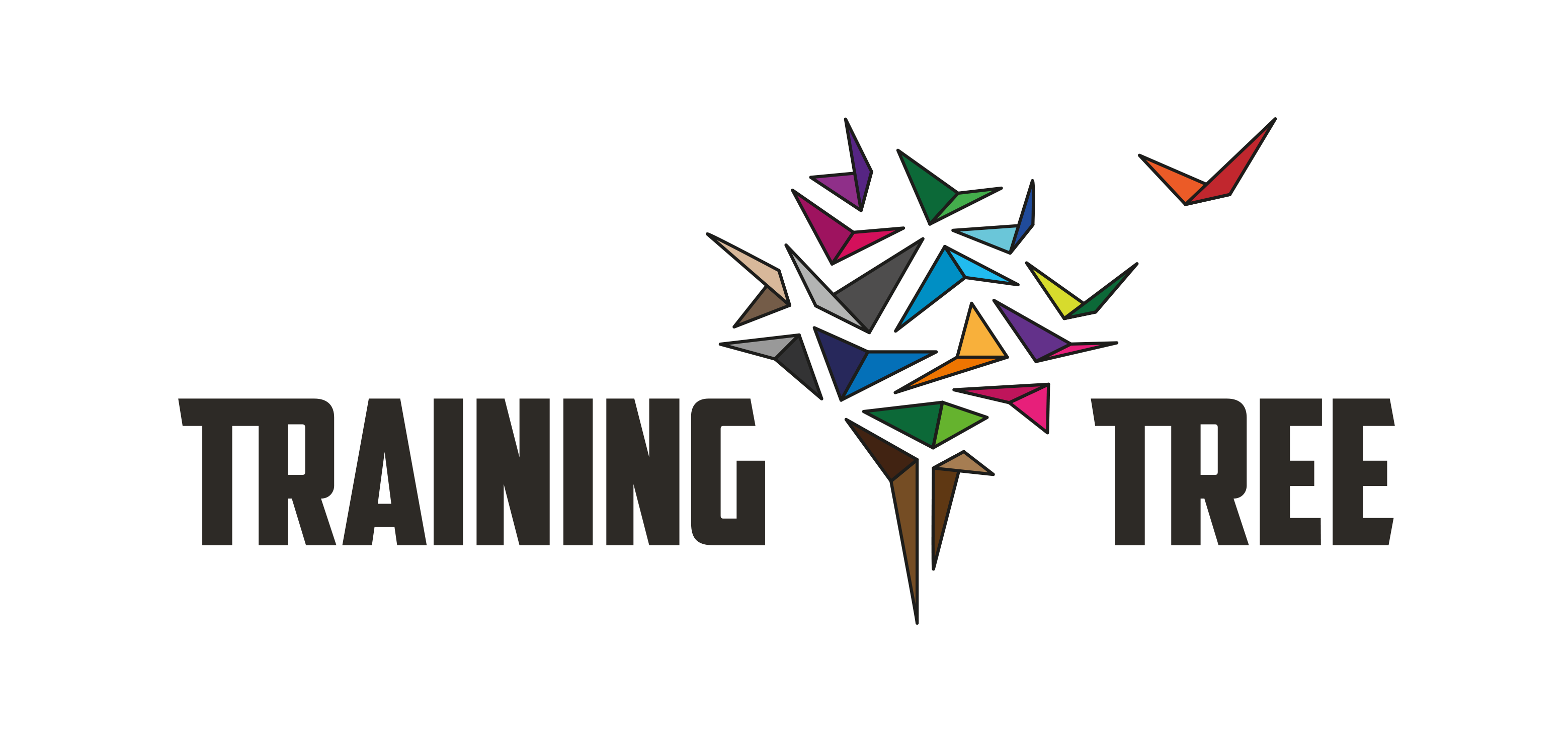LESS STRESS - ABOUT MANAGING YOURSELF IN STRESS
Unexpected changes, time pressure, high demands, "lack of time", or difficult conversations. And what associations does stress evoke in you...? Although stress is most commonly associated with tension, unpleasant emotions, and discomfort, it is a natural human reaction in difficult situations. If we stop fighting it and learn to manage ourselves well in difficult situations, we will transform our reaction from destructive to constructive and motivating for action.
Achieving work-life balance
Fast pace, increasing demands, constant stress, and changes, changes, changes. All of this raises the question of whether work-life balance is even possible in today's times. With a heavy workload and frequent shifts in priorities, it's difficult for us to maintain the right balance. We finish work, put away the computer, and instead of spending time, for example, pursuing our passions, our minds remain at work. Consequently, we stop "recharging our batteries" and... become less professionally productive. So, how do we maintain the right balance and take control of it all? You will learn this during our training.
COPING WITH CONSTANT CHANGE AND UNCERTAINTY
The ability to effectively manage oneself in change was recently a desirable skill, but today it becomes a necessary imperative. We are expected to be open, quick, flexible, proactive, and resilient to stress, despite the fact that the current situation does not encourage it. How can we navigate through a constantly changing reality? How can we understand ourselves and maintain a balance between understanding, commitment, and pursuing new challenges? What can we do to navigate change more easily? We will seek answers to these and other questions during our training.
RESILIENCE AND BUILDING MENTAL TOUGHNESS
In a rapidly changing world, facing complex global challenges, psychological resilience becomes essential for functioning. Resilience allows us to cope with stress, respond to adversity, and adapt skillfully to changing circumstances. Meanwhile, mental toughness is a narrow personality trait that influences how we think and act. It consists of specific areas within which we can cope better or worse: control, commitment, challenge, and confidence. If we choose to invest in any of these areas, our overall resilience level will increase. As a result, we will be more confident in relationships, better equipped to handle challenges, more adept at regulating emotions, and able to identify areas where we have influence and can take action.
Managing personal energy and monitoring one's functioning within the organization
Our day can be compared to a long-distance race. Everyone moves a bit in different terrain and at different distances, but most often to complete the race, we need to satisfy the same basic resources. What can we do to ensure that work doesn't turn into a "rat race" leading to burnout?
EMOTIONAL RESILIENCE TRAINING
What are emotions and why is it sometimes so difficult for us to manage them? Why do we sometimes lose control and clarity of thought because of them? Is it possible to let them go at work? Contemporary research on topics such as courage and leadership shows that a modern, effective leader is someone who manages not only with their head but also with their heart. They are capable of handling their own emotions as well as those of others. Can you effectively manage your emotions? And what does that actually mean? We invite you to our short training focused on effective emotional management.
Healthy team and organizational culture. How to build resilience to crises?
Companies that focus on attitudes and relationships are more motivating, innovative, gain customer loyalty, and are more resilient to challenges and crises. So how do you build a healthy team and organizational culture? How do you create valuable relationships, effective collaboration, and trust in times of crisis?
